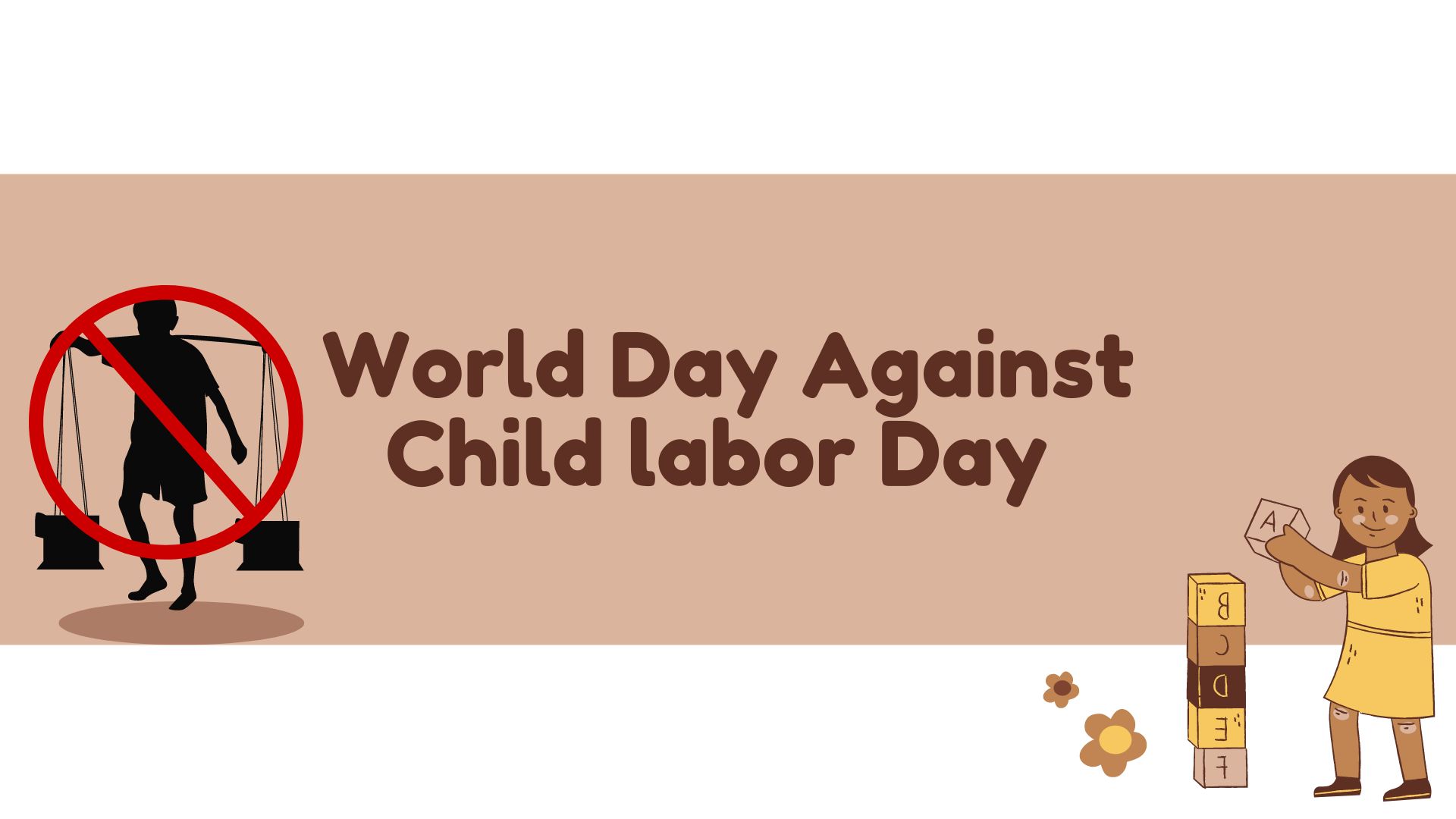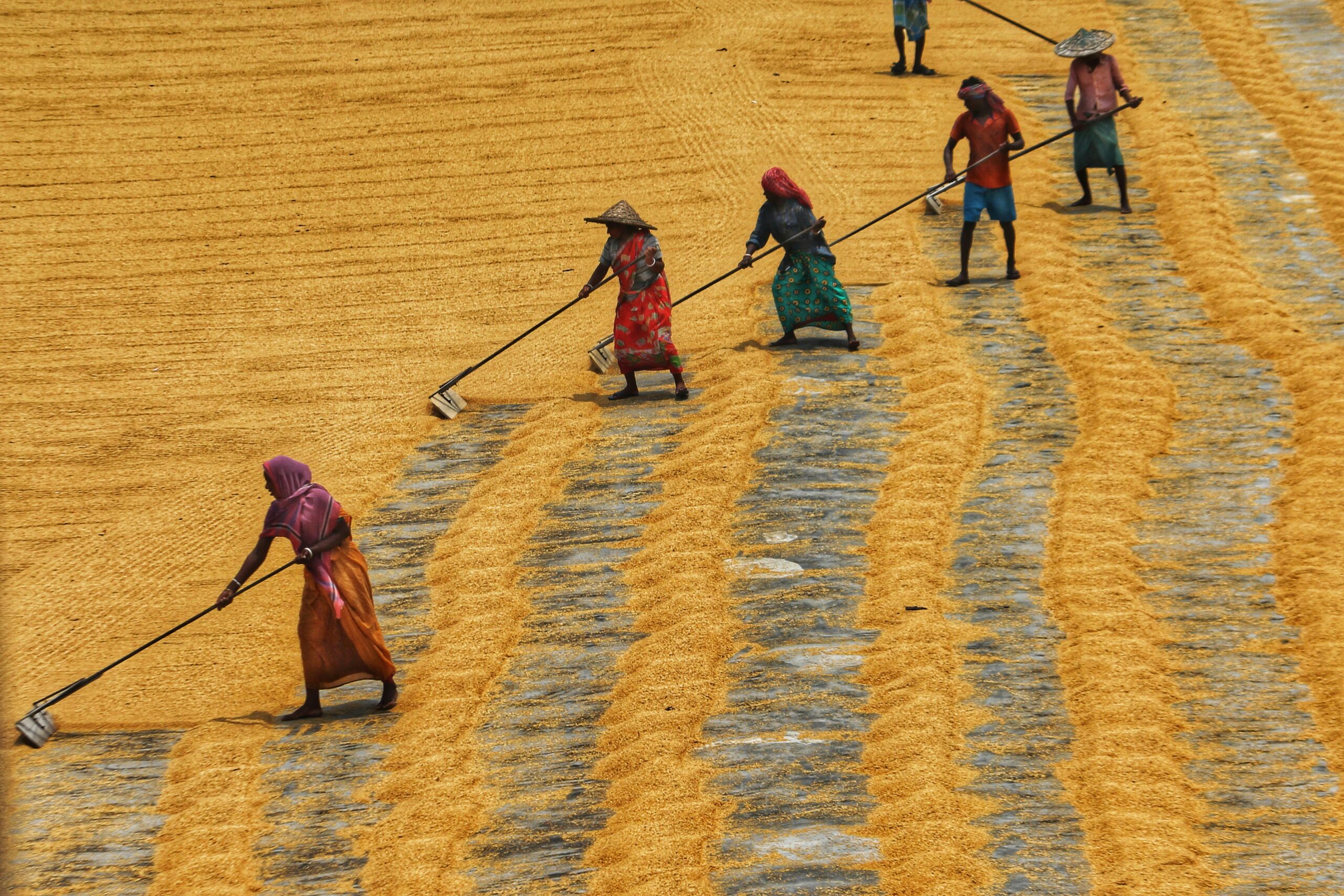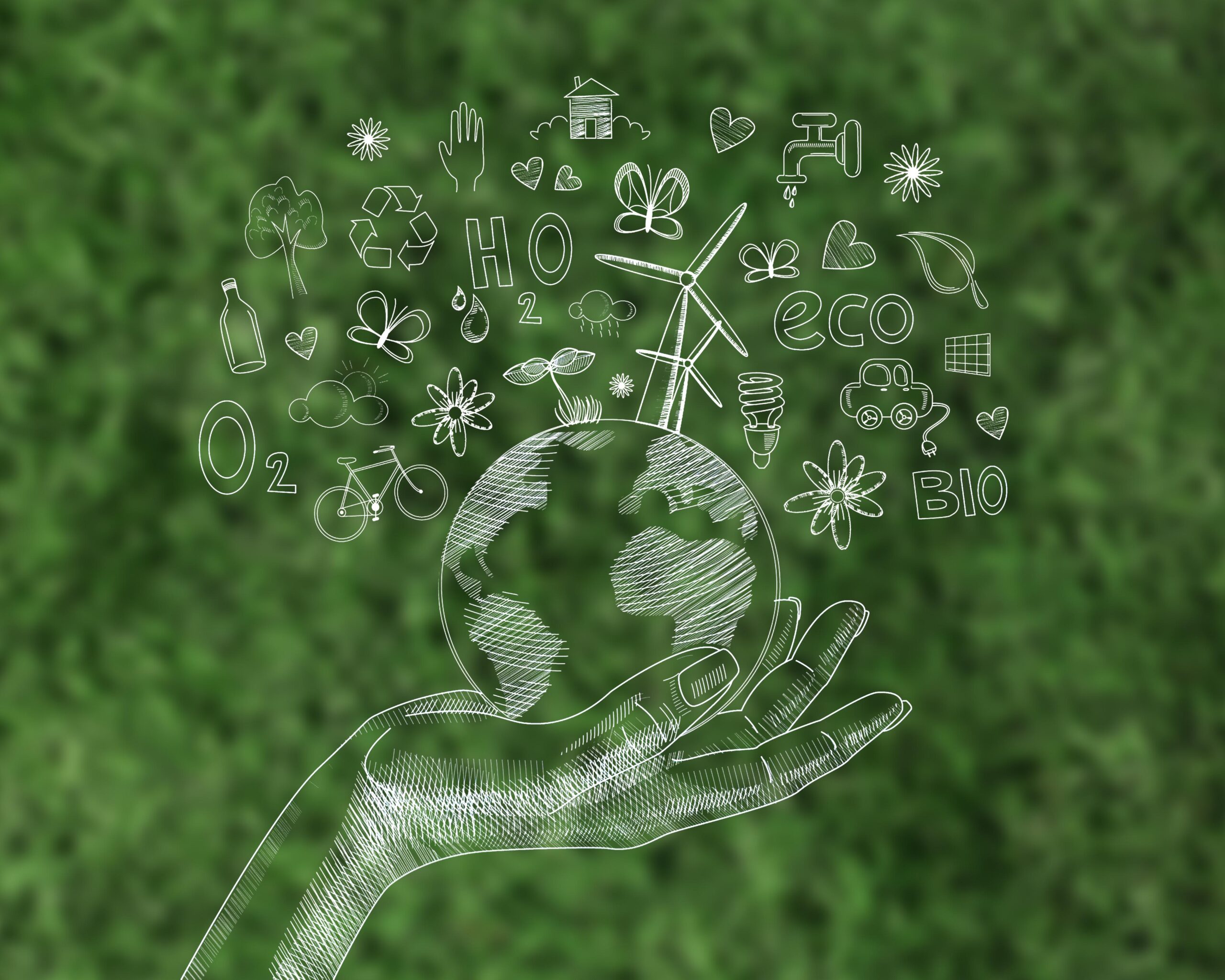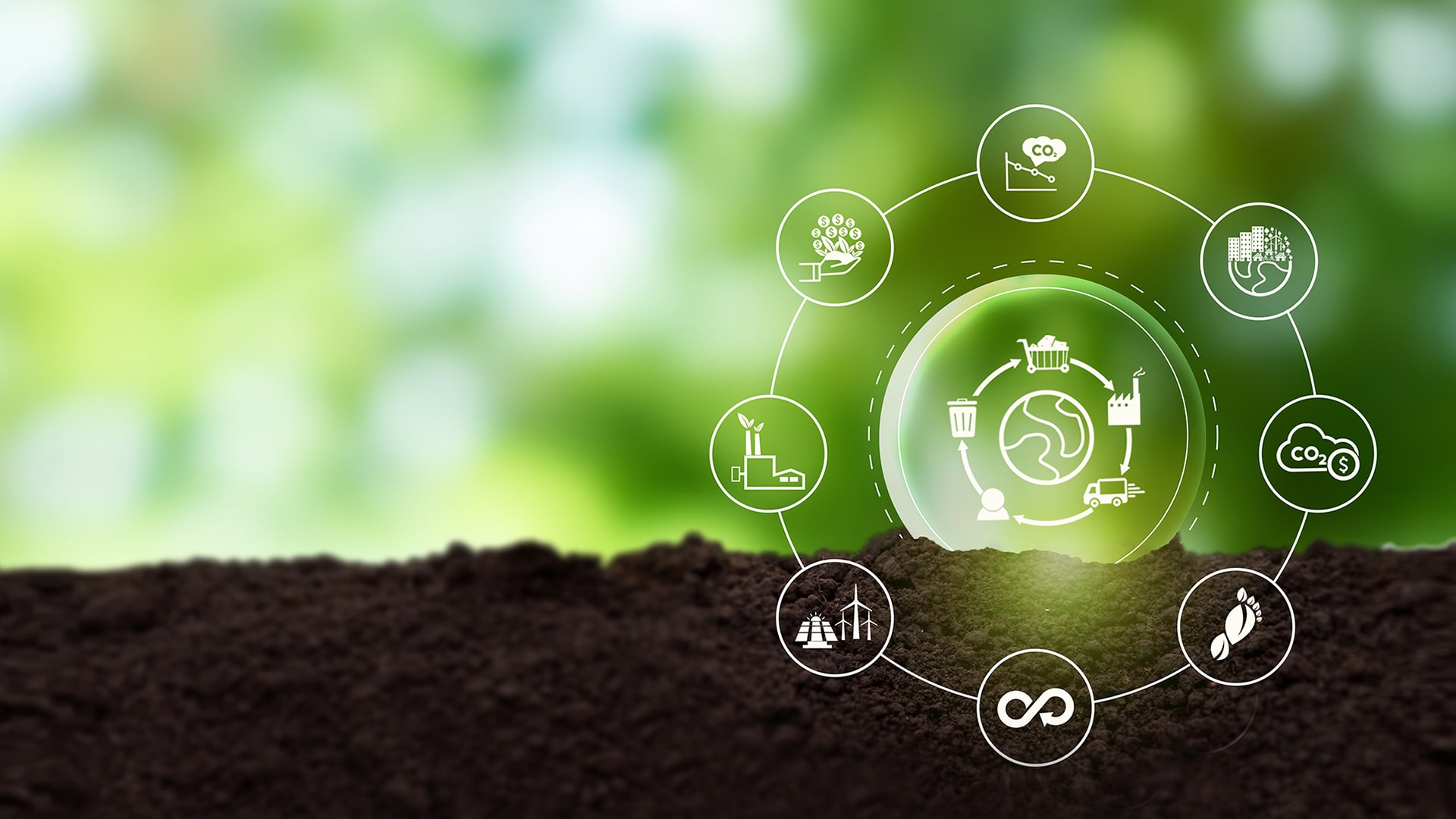The evidence that the world is facing a triple crisis of COVID, climate change and nature loss has continued to grow through 2021.
The Intergovernmental Panel on Climate Change (IPCC) published its 8th report in August with one stark message – we are running out of time to avert catastrophic climate change above 2 degrees. 2020 was the second hottest year on record, 0.6 degrees above the long-term average and 2021 looks set to be even hotter. The 2019 Global Assessment Report on Biodiversity and Ecosystem Services (IPBES) from the UN documented that we are losing species at a faster rate than ever before, threatening not just the natural world but our food supplies and availability of clean water.
At the same time Covid has wreaked havoc with economies. The Word Bank estimates that COVID has pushed over 125m people into absolute poverty, wiping out some of the gains of the last 10 years even before the devastating third and fourth waves get under way, threatening the chances of reaching the Sustainable Development Goals by 2030.
Financial resources are needed to address these crises and many governments are talking about ‘building back better’ and using COVID related stimulus packages to support green and ‘just’ transitions to more sustainable, low carbon economies. Making policy announcements and financial commitments to stimulate economies and support green, inclusive growth. For example, the EC Green Deal of nearly $100bn and the US $1.9tn economic recovery package. Even the G20 finance ministers agreed in Venice in July that support for inclusive post covid recovery and investment in climate and biodiversity are priorities.
Governments won’t achieve this alone as it is businesses that create the majority of jobs and economic activity. Also many governments don’t have access to the spending power of the US or Europe. Companies therefore need to adapt their ways of doing business and invest in supporting sustainability and inclusion. Some argue that in the face of the economic stresses of COVID, companies should focus on restoring their profitability and that climate and social concerns are expensive distractions. However, there is growing evidence that both public and private companies putting sustainability at the heart of their operations are outperforming the market and making even more ambitious commitments as they see the potential business benefits.
Unilever, a company active in many countries, including India, is a good example. An increasing number of its brands operate under strong sustainability principles, including respecting workers’ rights, reducing Co2 emissions and good management of environmental resources such as water. These include Lifebuoy, Dove and Knorr and they outperformed the rest of its portfolio by 69% and accounted for 75% of the company’s overall growth. In 2020 the company made profits of $9.7bn on turnover of $59bn. Unilever is expanding this approach across all its operations with an ambitious new Compass strategy announced this summer. This goes beyond the company’s core operations and aims to influence consumer and supplier behaviours, including recycling and reducing energy use. Another company with a significant footprint in India that is embedding strong sustainability principles in its operations is IKEA. It’s People and Planet Positive strategy sets out commitments to 2030 on promoting more than one billion people to live better without degrading the environment, becoming climate positive and regenerating resources and having positive social impacts across the IKEA value chain. IKEA made profits of $1.9bn on turnover of $28bn in 2020.
While the commitments and targets being set are important steps, it’s essential that governments and companies report regularly, openly and transparently on progress being made and hold these up to external scrutiny. Not only will this help ensure there is tangible progress in addressing the crises but also in the case of company reporting, demonstrate to those viewing climate and social investment as a distraction that there is a valid business case for them. Otherwise we really will have run out of time.













































































































